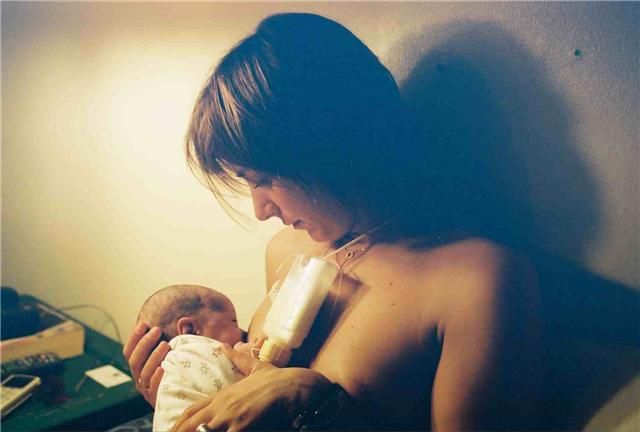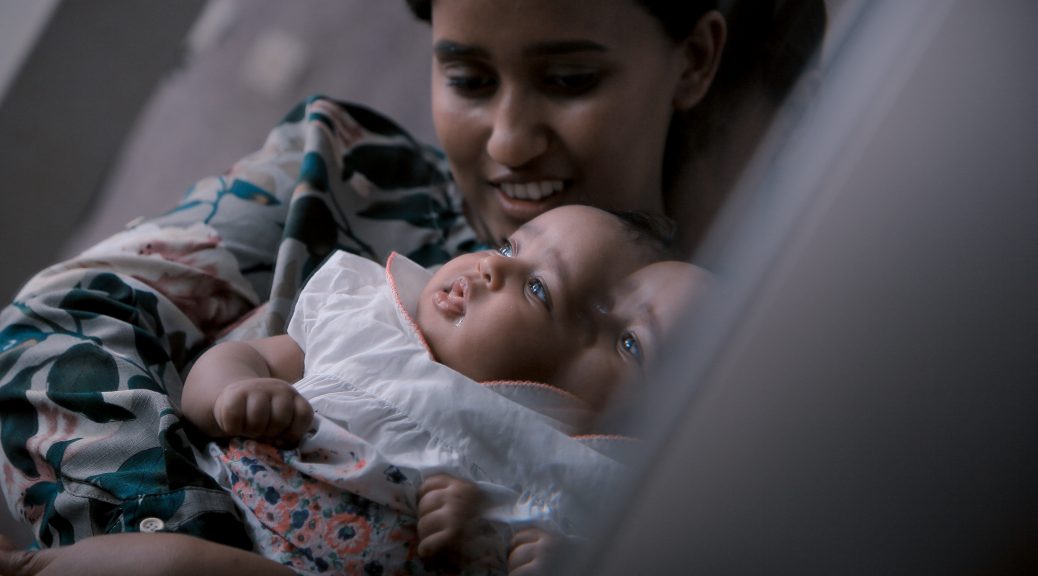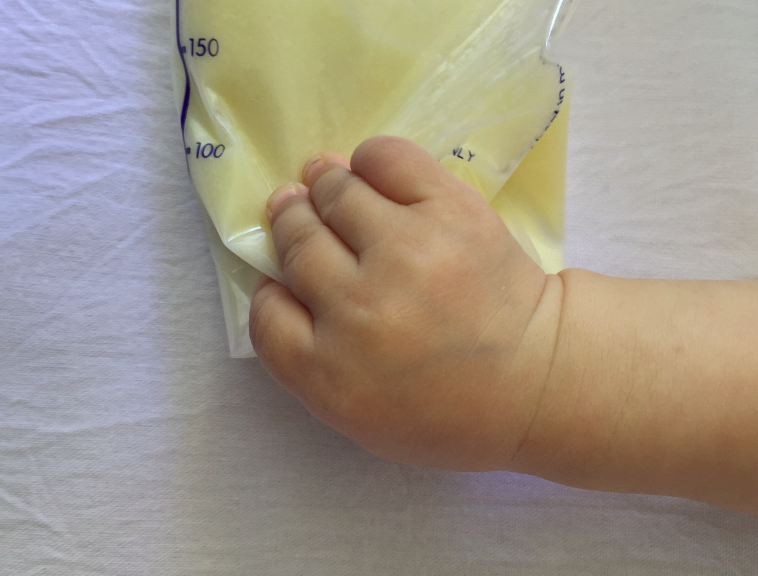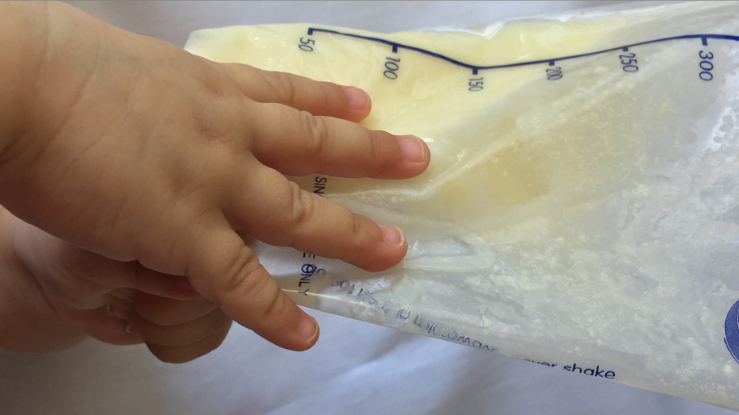Accompany trying to conceive during breastfeeding
Accompanying mothers who try to conceive during lactation can be a professional challenge. On many occasions, women receive contradictory or frightening messages that make it difficult for them to make decisions regarding their reproductive health. Once again, there is a lack of scientific publications in this field. Lactational amenorrhea A more or less prolonged period of amenorrhea is very common during lactation. According to the scarce literature, it seems that it is very unlikely that when breastfeeding exclusively, ovulation will…









